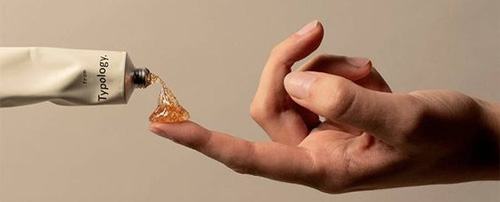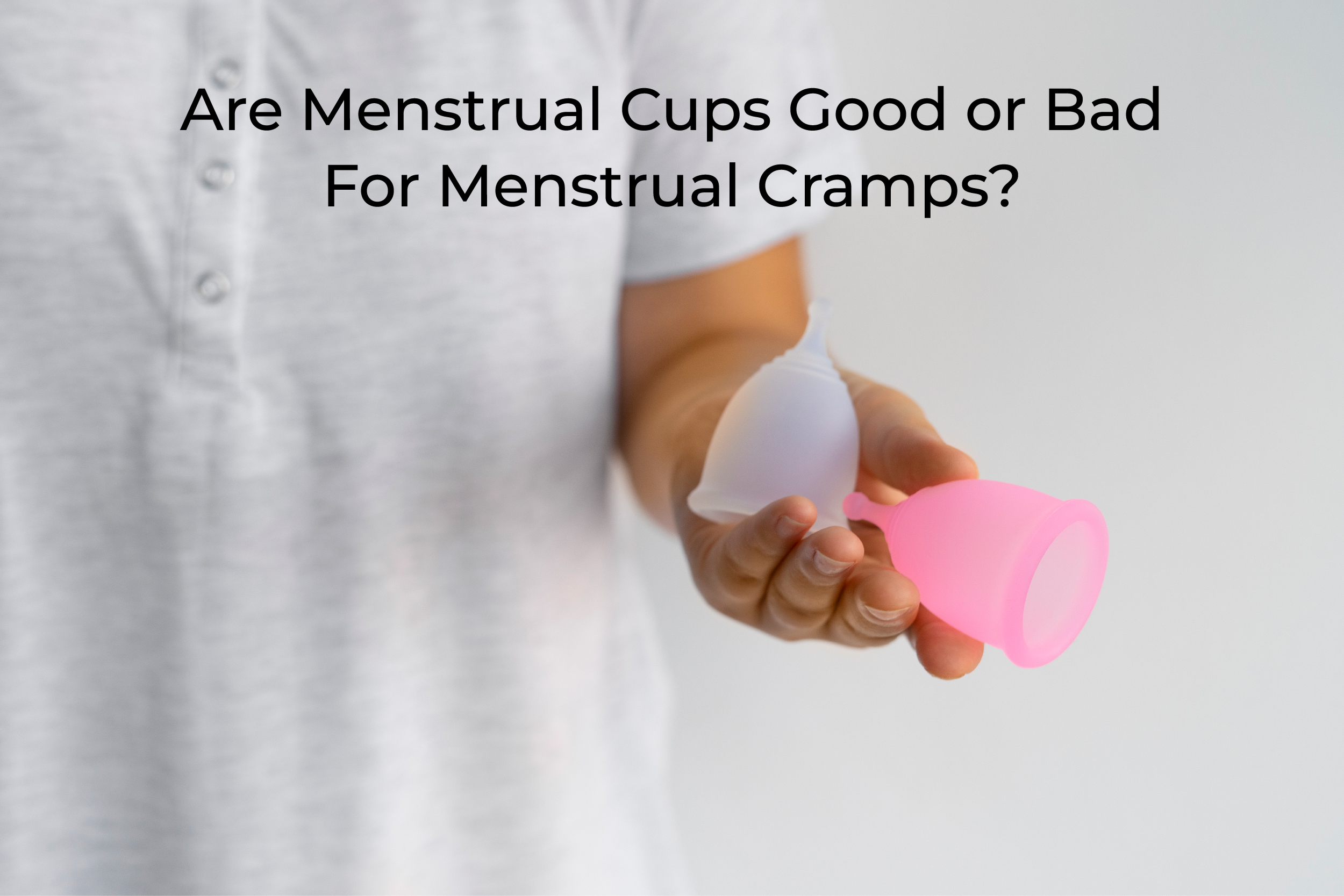If you’re experiencing severe abdominal pain from menstrual cramps, transitioning to menstrual cups could be a game-changer. These hassle-free menstrual devices have the potential to alleviate your discomfort significantly. One of the greatest advantages of using menstrual cups during your period is that they alleviate worry and won’t exacerbate your cramps.
Can menstrual cups provide relief from cramps?
Some individuals report that using menstrual cups can help alleviate menstrual cramps, while others may not experience the same level of relief. It varies from person to person. However, because menstrual cups collect rather than absorb menstrual fluid, they generally don’t cause dryness or irritation, which can sometimes exacerbate cramps. Additionally, the gentle suction of the cup against the vaginal walls might provide some users with a comforting sensation that helps alleviate discomfort.
While scientific studies have not definitively shown a link between menstrual cups and decreased pain or relief from menstrual cramps, many users report feeling significantly better after using them, largely because once inserted, they’re hardly noticeable. The primary reason for menstrual cramps is the hormonal changes in your body. When your menstrual cycle begins, the muscles of your uterus contract and squeeze to expel menstrual tissue and blood. Whether you use menstrual cups or not, these uterine contractions can cause discomfort. However, the advantage of using a premium menstrual cup is that it can be worn for longer periods compared to tampons and pads, offering a longer-lasting solution and reducing unnecessary worry.
Is it possible for menstrual cups to exacerbate your cramps?
This isn’t typically the case, as menstrual cups are often so comfortable that you hardly notice them. However, discomfort can arise if you insert them too close to the cervix, the opening to the uterus. To prevent this discomfort, it’s crucial to select the appropriate size of menstrual cup based on the size, shape, and location of your uterus and cervix. Finding the right fit reduces the likelihood of discomfort. It’s important to note that experiencing cramps is a separate issue altogether.
By selecting the correct size menstrual cup and mastering the proper insertion technique, it’s feasible to avoid the discomfort associated with using the cup. For beginners, numerous menstrual cups are available on the market tailored to their needs. Choosing a menstrual cup designed for first-time users and ensuring it’s the right size can enhance the overall experience.
Effective strategies for coping with menstrual pain
Rest assured, your menstrual cup doesn’t interfere with your periods; in fact, it enhances the experience. While the cup itself doesn’t directly affect menstrual cramps, there are alternative methods to alleviate period pains. One such method is detailed below.
Medication recommended by a medical professional
- Engaging in gentle physical activity during menstruation
- sexual activity during periods
- incorporating herbs like cinnamon or supplements such as vitamin B1
- omega-3 fatty acids or magnesium
- using heating pads
- Patches or hot water bottles for relief
- practicing light massage
- staying hydrated by drinking ample water to reduce bloating
- consuming herbal tea, and practicing yoga with poses like Fish, Cobra, and Cat can all provide relief from menstrual cramps.
When do menstrual cramps become detrimental to your health?
In certain instances, menstrual cramps are manageable, but in others, they can severely impact your health, often accompanied by symptoms such as diarrhea, nausea, vomiting, headache, and dizziness. When these symptoms disrupt your daily routine, preventing you from attending work, going to the gym, or completing regular tasks, it becomes concerning. Additionally, menstrual cramps can sometimes affect mental well-being. Seeking medical advice is crucial in such cases, as a doctor can offer solutions to alleviate the pain and enable a more normal life during menstruation.
Period cramps may also be indicative of underlying medical conditions like endometriosis, fibroids, or pelvic inflammatory disease, which can exacerbate the severity of cramps. If you attempt to self-medicate without understanding your specific medical condition, it can lead to complications. Consulting with a doctor and following their guidance is essential for managing such conditions effectively.
What factors should you take into account before purchasing a menstrual cup?
Before purchasing a menstrual cup, several factors should be considered. Foremost among these is determining the appropriate size for your needs. Menstrual cups typically come in three sizes: Small, Medium, and Large. The Small size is suitable for first-time users under the age of 20 who haven’t given birth vaginally. The Medium size is designed for individuals aged 20 to 30 who have given birth vaginally. Finally, the Large size is recommended for individuals over the age of 30 who have given birth vaginally or for those experiencing heavy menstrual flow. For a hassle-free period experience that minimizes discomfort, opting for menstrual cups is advisable. Consider investing in a menstrual cup that promises a transformative period experience, providing relief and comfort like never before.
Senzicare Truecup represents the pinnacle of menstrual cup technology, crafted from silicone for maximum safety during your period. Offering leak-proof protection and economic benefits, this reusable cup collects menstrual fluid rather than absorbing it, making it a safer alternative to pads and tampons. Endorsed by medical professionals, Senzicare Truecup is incredibly user-friendly.


